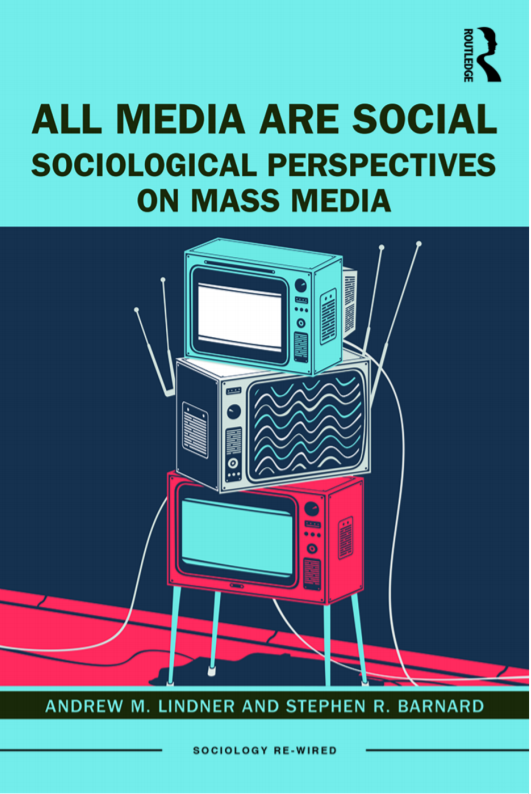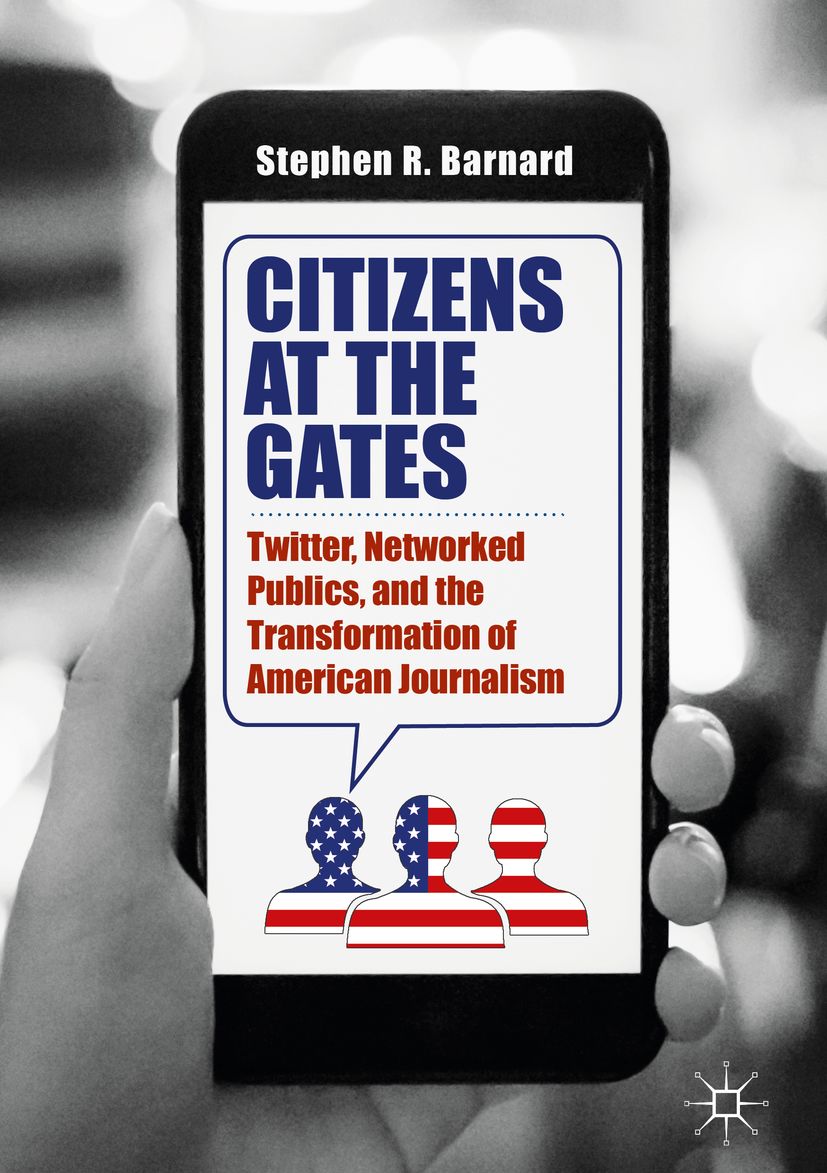0 Comments
I recently published a couple op-eds about Twitter and journalism. I'll save the backstory for another time, but here are the articles:
My work was also featured in a Beme News story (starting at 05:25). Video below:
My article, "Tweeting #Ferguson: Mediatized fields and the new activist journalist" was just published in New Media & Society. (Available here: http://journals.sagepub.com/doi/full/10.1177/1461444817712723) A pre-print version is available below: https://osf.io/gcvfd/ On the heels of another successful ESS and #DigitalSociology mini-conference, I find myself reflecting on all the great people, papers, and conversations. That reminds me to share the work I presented, which is a draft of the theoretical chapter for my book, Citizens at the Gates: Twitter, Networked Publics, and the Transformation of American Journalism (under contract with Palgrave MacMillan). The working chapter is available on SocArXiv. Questions and comments would be most welcome--just send me an email, or leave a comment below.
Recently, I presented my most recent paper at the Digital Sociology Mini-Conference, in conjunction with the Eastern Sociological Society's annual meeting in Boston, MA. These are the slides from my presentation:
I have two new pieces out this month. The first is a peer-reviewed article, “Spectacles of Self(ie) Empowerment? Networked Individualism and the Logic of the (Post)Feminist Selfie,” published in Studies in Media and Communications, volume 11.
The second piece, just published today on the Contexts blog, is titled “Keeping it real with Twitter and #realacademicbios.” This is the first of (hopefully) many projects I'm working on using the social data analysis platform, Pulsar. I was recently asked to speak at a workshop about managing professional identities. I don't claim to be an "expert" on this topic, but I've certainly learned a lot about it in recent years--both a scholar and an agent of the digital world. So, I created a brief list of tips, with a specific emphasis on social media and personal websites. I hope they're helpful. And of course, please share your thoughts in the comments or on Twitter.
Every so often, I get questions from friends and colleagues about how to teach effectively with Twitter or other social media. The questions range from the simple (i.e. "How?" and "Why?") to more specific (i.e. "What are the biggest do's and don'ts?" and "What are your assignments like?"). Having spent the past five years trying to figure out what works for me and my students, I feel pretty well prepared to answer such questions. Even so, I'm constantly learning, and every semester I make changes based on the previous semester's experiences.
Before I respond, I try to take a deep breath to ponder how much detail is worth going into, and what will be the most effective way to offer my input. Like so many things, digital pedagogy is something that sounds simple in theory, but is much more difficult in practice. I've found the same rule often applies to explaining it. But even if I have a hard time figuring out where to begin such conversations, I'm thankful every time they happen because it forces me to reflect on what I do, and why. This time, I figure it's worth sharing more publicly. Hopefully others will find something useful. And then who knows where the conversation could go? So, without any further ado, here are a few of my tips for teaching with Twitter:
If you're still reading this and are looking for more, consider checking out a somewhat recent version of my Twitter assignment. It’s far from perfect—always a work-in-progress—but you’ll get a sense of how I structure the assignments and what resources I point them to (other helpful URLs at the bottom). |
|



 RSS Feed
RSS Feed
